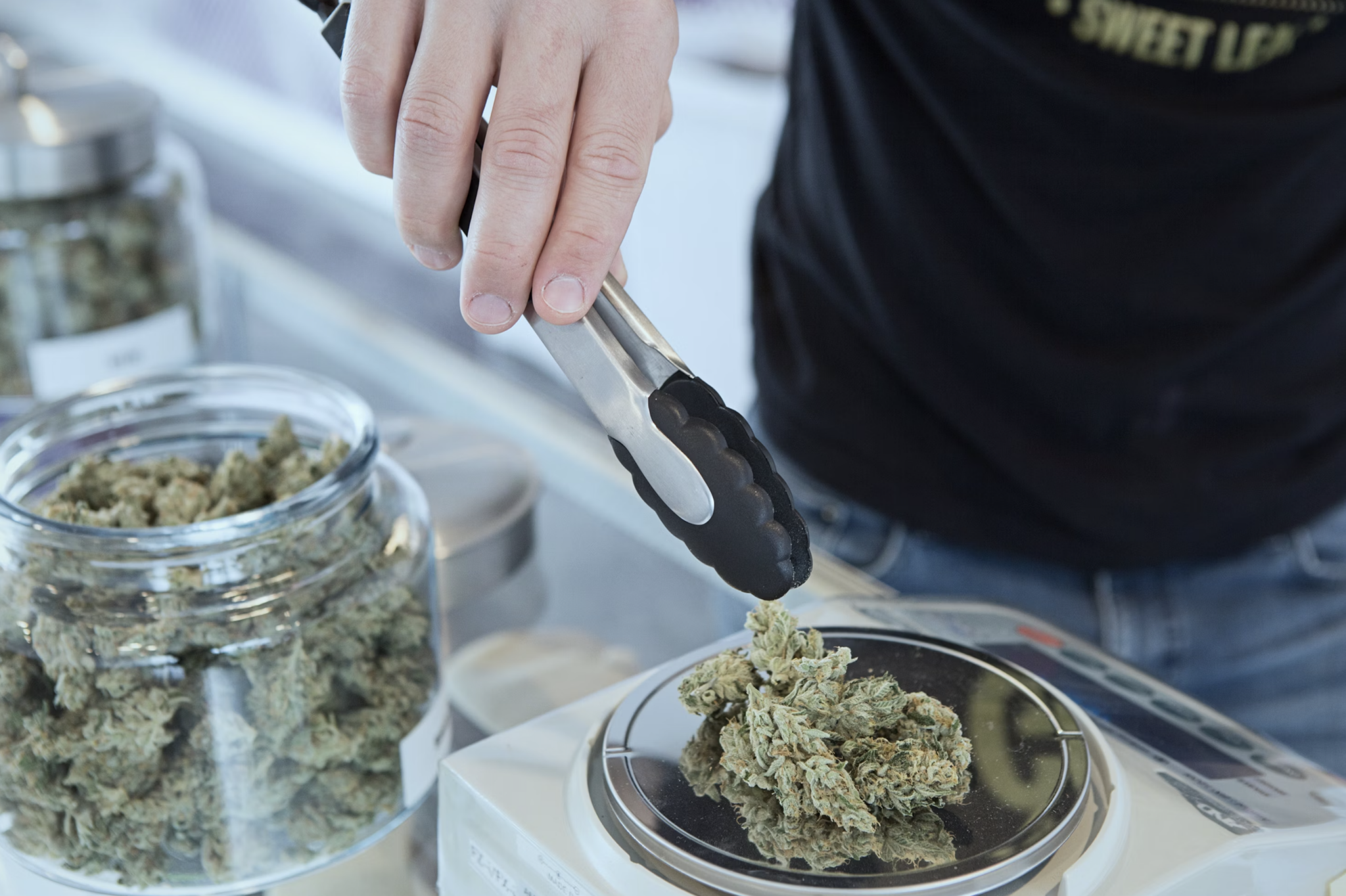
Ted Parker is a student at Harvard Law School and a member of the Labor and Employment Lab.
In today’s news and commentary, newly proposed budgets for the Department of Labor and the National Labor Relations Board show staff cuts on the horizon, and an Oregon state law mandating labor peace agreements in cannabis dispensaries is permanently enjoined.
Proposed budgets for the Department of Labor (DOL) and the National Labor Relations Board released (NLRB) released on Friday point to drastic cuts in staff for both agencies. In yesterday’s news and commentary, Liana reported that a preliminary injunction currently prevents Trump from ordering mass firings of federal workers. But even if that injunction becomes permanent, Trump can still shed federal workers with Congressional cooperation. Bloomberg reports that the Department of Labor’s FY 2026 budget in brief requests funding for only 10,879 employees, down from the 14,855 it has now. That would amount to a 25% cut to DOL staff (already low due to more than 2,700 buyouts in recent months). The NLRB is in a similar position. Its budget justification proposes a 4.7% spending decrease, which would be achieved through staff attrition (buyouts and voluntary early retirement). Bloomberg reports that this is an effort to “avoid[] mass layoffs” while still “align[ing]” with the administration’s downsizing goals, making this a “qualified win” for the agency (if Congress approves). Needless to say, any reduction in the workforce of the NLRB will only make it more difficult for the agency to carry out its functions and add to already long backlogs.
Meanwhile, a federal district court in Oregon permanently enjoined a state law requiring businesses that sell cannabis to sign labor peace agreements (LPAs). In several states, a new dispensary must enter into an LPA with a union in order to receive a license to sell cannabis. John recently covered one dispensary’s challenge to California’s version of this law in Ctrl Alt Destroy, Inc. v. Elliot. That challenge was dismissed on a “unclean hands” theory (“Because it is a business which exists solely for the purpose of making money through . . . violations of federal law, Plaintiff comes before the Court seeking equitable relief with unclean hands.”). Now, a court in Oregon has come out the other way in Casala, LLC v. Kotek, which judged the state law both Garmon– and Machinists-preempted. As John pointed out, Ctrl Alt Destroy’s unclean hands theory arguably makes the preemption question irrelevant. However, Casala does not explicitly address this theory. Instead, it makes the orthogonal point that even though the cannabis industry is illegal under federal law, the NLRA still applies because “[t]he NLRA does not limit its jurisdiction to ‘lawful commerce’ or ‘legal substance,’” leaving a true confrontation between these positions to another day.






Daily News & Commentary
Start your day with our roundup of the latest labor developments. See all
February 4
Lawsuit challenges Trump Gold Card; insurance coverage of fertility services; moratorium on layoffs for federal workers extended
February 3
In today’s news and commentary, Bloomberg reports on a drop in unionization, Starbucks challenges an NLRB ruling, and a federal judge blocks DHS termination of protections for Haitian migrants. Volatile economic conditions and a shifting political climate drove new union membership sharply lower in 2025, according to a Bloomberg Law report analyzing trends in labor […]
February 2
Amazon announces layoffs; Trump picks BLS commissioner; DOL authorizes supplemental H-2B visas.
February 1
The moratorium blocking the Trump Administration from implementing Reductions in Force (RIFs) against federal workers expires, and workers throughout the country protest to defund ICE.
January 30
Multiple unions endorse a national general strike, and tech companies spend millions on ad campaigns for data centers.
January 29
Texas pauses H-1B hiring; NLRB General Counsel announces new procedures and priorities; Fourth Circuit rejects a teacher's challenge to pronoun policies.